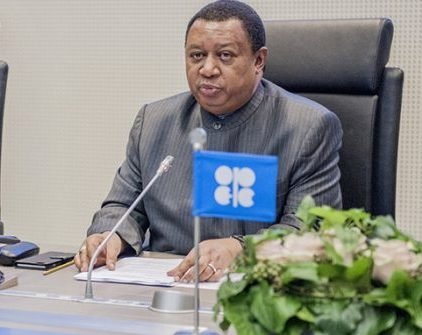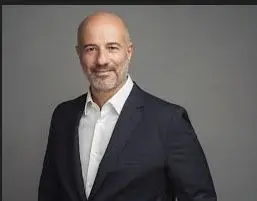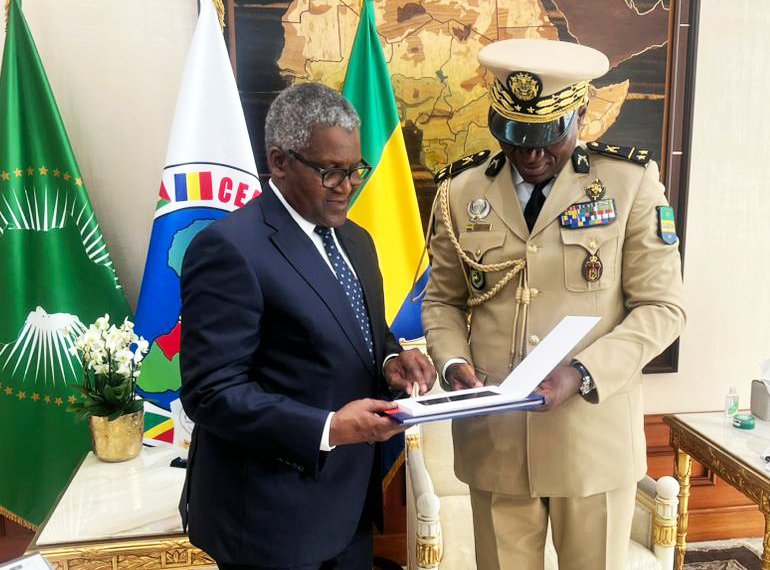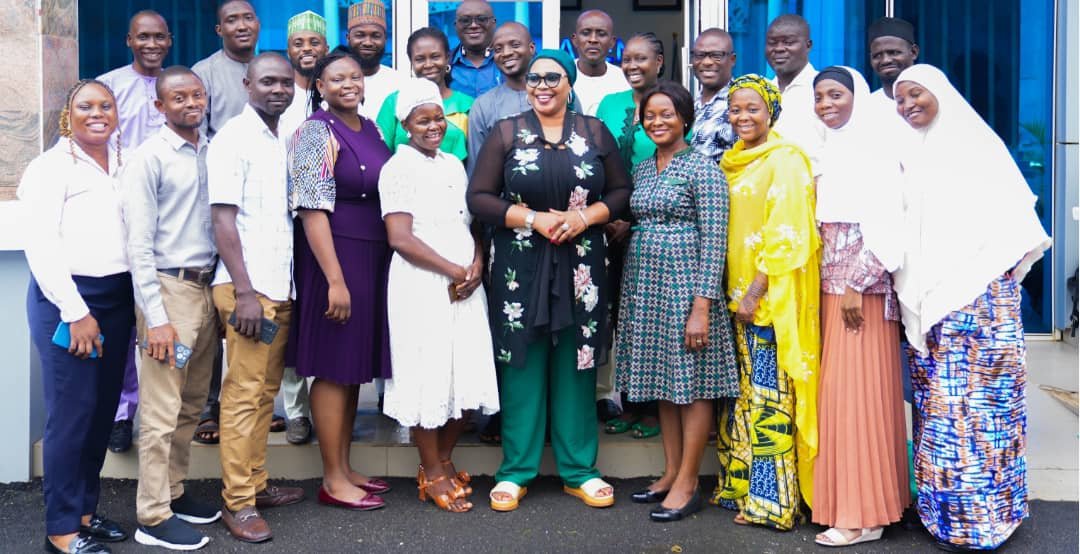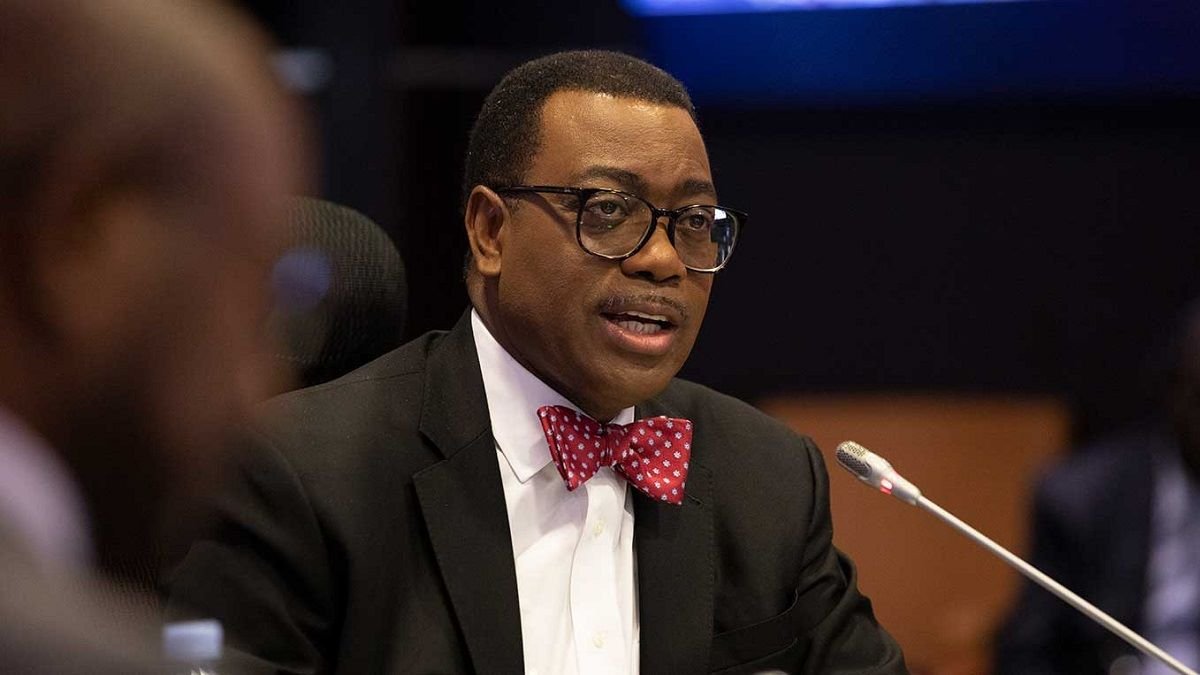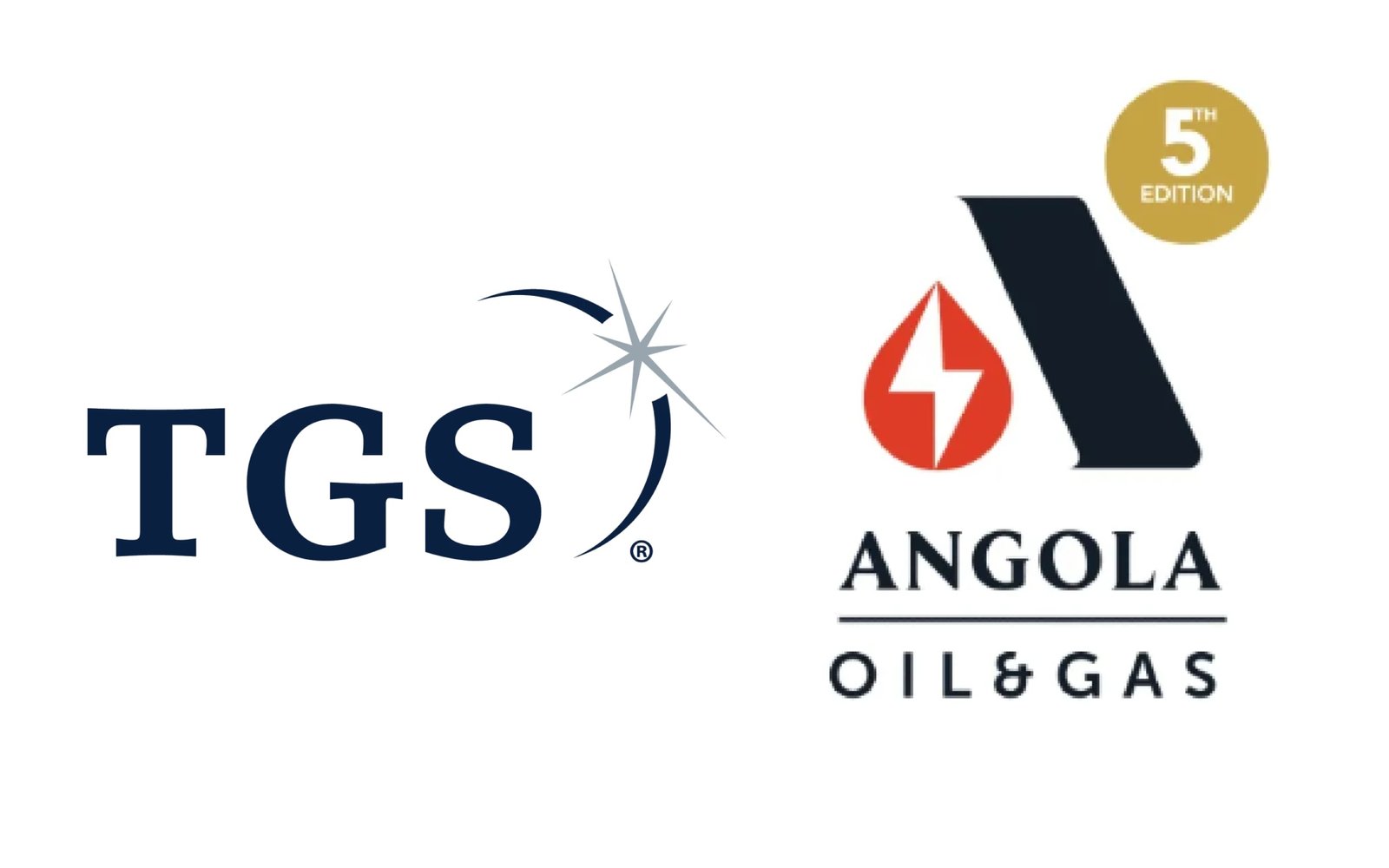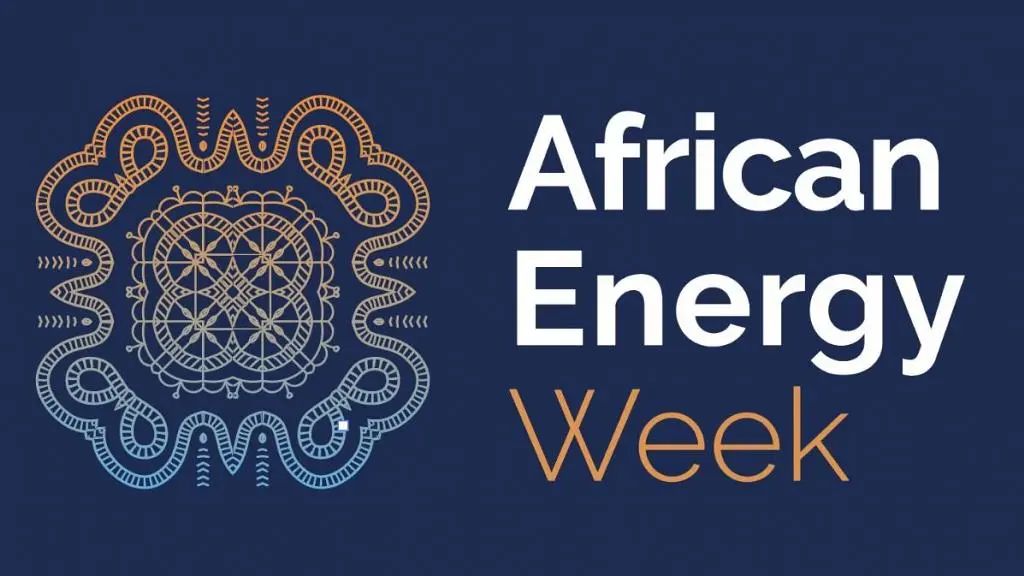By Mohammad Barkindo
I want to welcome you to the 20th Coordination Meeting on Climate Change. It has not been long since our last meeting, which was held on July 8. However, there are substantive preparations and high expectations regarding the critical UN Climate Change Conference (COP26), taking place from October 31 to November 12. Meanwhile, behind the scenes, there are a whole host of other measures going on as the world tries to adapt to the situation looming ahead.
COP26 has been called an inflection point and I couldn’t agree more. This COP has the potential to make a huge mark on global climate action. It is a crucial chance for climate diplomacy to play out and to make progress on substantive unresolved issues in the context of the Paris Agreement Work Programme, in order to move towards the full and timely operationalisation of the Agreement and reach a holistic, balanced and just outcome on global efforts to address climate change.
There have been several meetings in recent weeks that are important to the climate change negotiations at COP26. These include the pre-cop in Italy and the High-Level Dialogue on Energy, held at the UN General Assembly in September.
Additionally, the US hosted a forum announcing initiatives on emissions. Meanwhile, the G20 Summit and International Monetary Fund and World Bank meetings will still take place before COP26, and various events are being hosted by COP Presidencies. We have to be aware of all related activities taking place outside of United Nation Framework Convention on Climate Change (UNFCCC) talks at this critical juncture, as decisions may guide and influence negotiation processes during COP26.
The increasing pressure to address climate change is giving life to a lot of new and interesting ideas. These include ways and means for individuals to play a personal role in reducing GHGs.
For example, A new ‘premium’ DO Black card not only tracks the CO2 emissions of personal purchases, but stops individuals from spending beyond their monthly, UN-determined CO2 limit.
A different movement in the US, started in the city of Berkeley in 2019 and which has spread to dozens of other US major cities, seeks to ban gas stoves and water heaters in all new construction to reduce greenhouse gas (GHG) emissions. Gas appliances are meant to be replaced by electric ones. The electrification would, however, increase US electricity consumption by 40 per cent. I am sure these are only the beginning!
I just want to mention that since our last meeting, Turkey has ratified the Paris Agreement, making it the last G20 country to do so. This is good news, as developed countries are being asked to take the lead in climate action.
However, we have lost time due to the COVID-19 pandemic. Although some mandated tasks went forward virtually, many UNFCCC talks have been set back.
Progress has also reversed on the UN Sustainable Development Goals (SDGs).
We believe that the global community must come back to the basics. The world spoke with one voice on this issue in 2015 when countries agreed on both the Paris Agreement and the SDGs. The Paris Agreement stems from the UNFCCC, but the world has been regrettably drifting away from the fundamentals outlined in the Convention, such as its core principles on equity and common-but-differentiated responsibility. Climate change was caused by historical emissions, and as per the Paris Agreement developed countries should take the lead for climate action and provide sufficient support to developing countries for their adaptation and mitigation actions. We must insist that the original, internationally agreed provisions are honoured.
Above all, we must remember that people in many developing countries are struggling just to survive. Even more so today than before COVID-19 struck. Their right to be able to turn on a light or have electricity in hospitals and schools, as confirmed by SDG7, must be urgently prioritized.
Climate change and energy poverty are two sides of the same coin. However, all the focus currently seems to be on one side. We cannot solve one and ignore the other. We cannot reach the objectives of the Paris Agreement without achieving access to reliable, affordable, sustainable and modern energy for all by 2030. The world must be reminded of the stark fact that 2.6 billion people have no access to clean cooking fuel, 930 million of which are in my home area — sub-Saharan Africa.
Additionally, 759 million in the world do not have access to electricity, 570 million of which are also in sub-Saharan Africa. Meanwhile, almost 3.8 million people die prematurely worldwide per year due to indoor pollution from using solid biomass. The gap in financial support promised and that received is substantial. There needs to be more ambition on predictable finance — developing nations must finally realize the promised $100 billion a year for climate action. Various other funding sources created in recent years — including the Global Environment Facility, Special Climate Change Fund, Least Developed Countries Fund, Green Climate Fund and the Adaptation Fund — should be fully funded and disbursed in a timely and predictable manner in accordance with the provisions of the UNFCCC and the Paris Agreement. It is of utmost urgency that this financing, and aid from a new finance goal, finds its way to the developing countries that need it the most. Dear delegates, The International Panel on Climate Change (IPCC) is meant to be the primary scientific body on climate change.
However, our conversation today does not seem to be driven by scientific reports, industry facts or hard data — rather purely by emotions, which are controlling the pace of events. With the latest IPCC report highlighting the catastrophic effects of exceeding the temperature threshold of 1.5°C, Parties are being asked to “urgently redouble their climate efforts”.
This is to be achieved largely through Parties’ nationally determined contributions (NDCs). Parties are expected to develop progressively more ambitious NDCs over time, with the first official request to enhance climate ambition made in 2020. We must keep in mind that developing countries may not have either the means or the ways to make a substantial contribution through their NDCs without support. According to the NDC Synthesis Report, developed by the UNFCCC Secretariat, new or updated NDCs submitted by the end of July account for about 49% of global GHG emissions and are likely to reduce emissions by 12% in 2030 compared with 2010. If fully implemented, it means global emissions could peak before 2030, though cumulative emissions from 2020 to 2030 would likely use up 89% of the remaining carbon budget. Currently, a total of 144 Parties have submitted their new or updated NDCs, accounting for 55% of global emissions — including OPEC Member Countries Angola, Congo, Iraq, Kuwait, Nigeria and UAE — and eight DoC participants. To date, about 70 countries have stated they will be seeking “carbon neutrality” by mid-century. More Parties are expected to submit their new or updated NDCs before COP26.
It is important to recognize that achieving net-zero emissions by 2050 is an extremely challenging goal, even for advanced economies. It is highly optimistic to think that fossil fuel use can be quickly eliminated. For example, due to instability in the gas markets, 2021 has seen a large rebound in coal.
The reality is that an energy transition that is not properly planned and smoothly executed could create instability in the energy markets, with a knock-on effect on geopolitics. There is concern that some consumers will have to pay a ‘transition premium’. While it is true that the energy sector has to be at the heart of solutions to climate change, this must be done in a responsible, science-based manner, without discrimination against any one fuel.
Technology is essential in reaching the Paris Agreement goals, while allowing the oil industry to move towards net-zero and continue to supply stable, reliable and affordable energy to our growing world.
The oil industry is uniquely placed to play a major technological role in advancing a carbon-free world. The use of carbon captures utilization and storage (CCUS), the Green Initiatives, as well as energy efficiency measures, blue hydrogen and the promotion of the Circular Carbon Economy. Social, political and economic pressure for institutional divestment in fossil fuels under a health, safety and environment (HSE) drive is on the rise in an effort to slow climate change and fulfil aims set forth by the Paris Agreement. However, this precept ignores the reality of what is needed to ensure future energy security.
At today’s meeting we are going to have presentations on UN processes related to energy, climate change and sustainable development. This includes the latest developments on UN climate change negotiation processes in the run-up to COP26; The impact of UNFCCC Parties’ NDCs and long-term strategies on future energy demand; and an item on the 2021 Highlevel Dialogue, and SDG7. We also want to have input on the direction of next year’s work programme.
Finally, as always, we will discuss our common positions. Going into COP26, it is essential that governments focus on energy affordability, security and emissions. We need to take a stand on the essential topics being debated at this COP and have our opinions heard clearly and often. The energy security of the world may hang in the balance. Let us take the emotion out of this debate and focus on the science.
As Morgan Bazilian, former lead climate negotiator for the European Union, stated to the Financial Times today: “Let’s make the COP great again by letting it do its job. Save Davos for the Swiss mountains. Grandstanding politicians — and their jets — can stay home. The COPs are good for tracking progress and improving emissions monitoring, sharing lessons and building capacity, drawing up better rules for international carbon markets, help with designing policy tools, finding ways to increase finance, and increasing clean energy technology transfer.”
We support the vision of the world the UN wants to see. One which lives and breathes peace, human rights, dignity for all, equality, justice and solidarity. This is the world you all need to fight for at COP26.
.Being Welcoming Remarks of HE Mohammad Sanusi Barkindo, OPEC Secretary General at the 20th Coordination Meeting on Climate Change 20 October 2021


